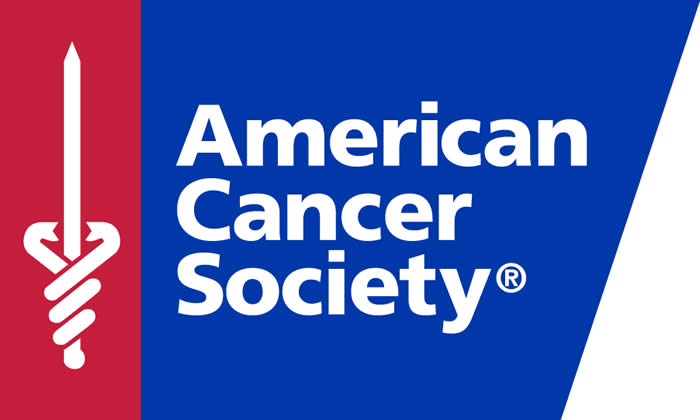Alcohol and Cancer: Sobering Statistics
Posted by David Sampson with the American Cancer Society
American Cancer Society Pressroom Blog
A new study says that alcohol consumption causes 18,000 to 21,000 cancer deaths per year, or about 3.5 percent of all U.S. cancer deaths. Researchers led by National Cancer Institute scientists say breast cancer accounts for more than half of alcohol attributable cancer deaths in women, and that upper airway and esophageal cancer deaths accounted for most alcohol-attributable cancer deaths in men (53% to 71%). A cancer death linked to alcohol resulted in about 18 years of life lost. The authors say daily consumption of up to 1.5 drinks accounted for 26% to 35% of alcohol-attributable cancer deaths.
The researchers conclude that alcohol remains a major contributor to cancer mortality and years of life lost, and that while higher consumption increases risk, there is no safe threshold for alcohol and cancer risk. They say reducing alcohol consumption is an important and underemphasized cancer prevention strategy.
We asked Eric J. Jacobs, Ph.D., strategic director of pharmacoepidemiology, what he thought of the findings.
“The new analysis on alcohol and death from cancer published in the American Journal of Public Health demonstrates that alcohol use continues to cause a sizable number of cancer deaths in the United States. The estimate from the new analysis, that alcohol causes about 3 to 4% of all cancer deaths in the U.S., is consistent with older data.
“While even light drinking may increase risk of some cancers, notably breast cancer, light drinking may also help lower risk of heart disease and overall death rates do not appear to be increased in light drinkers. Heavier drinking causes larger increases in cancer risk as well as in overall risk of premature death.
“The American Cancer Society recommends that if you drink alcohol at all, you should limit your intake to no more than two drinks a day if you are a man and one drink a day if you are a woman. Whether or not you drink alcohol, not smoking, being physically active, and maintaining a healthy weight can greatly lower your risk of fatal cancer as well as improve your general health.”
Article: Alcohol-Attributable Cancer Deaths and Years of Potential Life Lost in the United States, Am J Public Health. Published online ahead of print February 14, 2013: e1–e8. doi:10.2105/AJPH.2012.301199)

